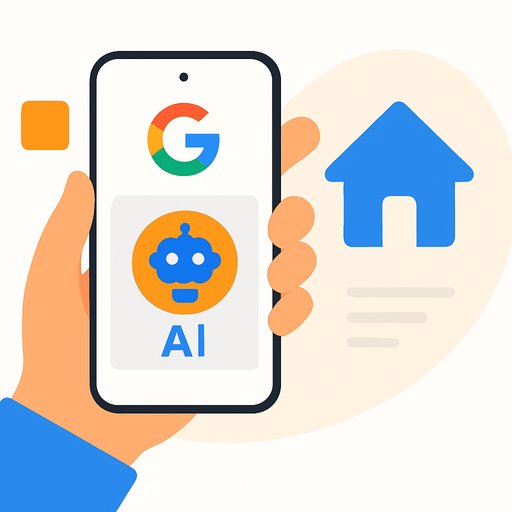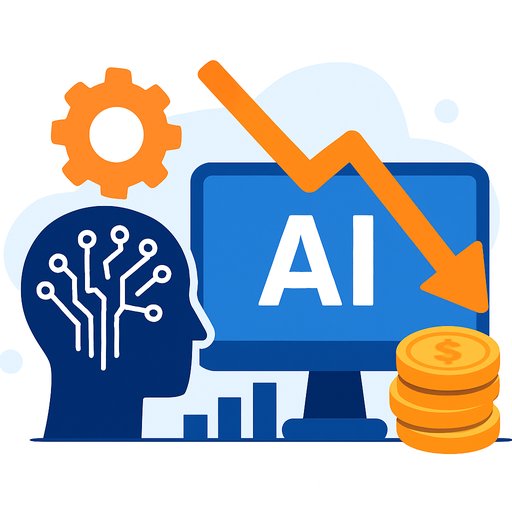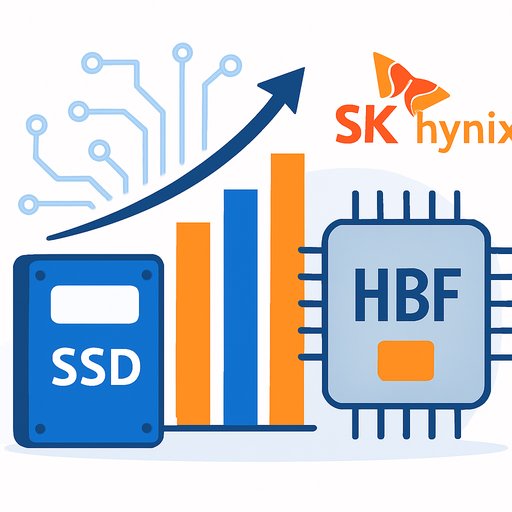Hiverge raises £3.7m to build an algorithm factory for product teams
Hiverge, a Cambridge-based startup founded by former Google DeepMind researchers, has raised £3.7 million. The round was led by Flying Fish Ventures, with participation from Ahren Innovation Capital and Google's chief scientist Jeff Dean. The funding will expand research, speed up product development, and support an early-access rollout.
The company is building an "algorithm factory" to help businesses discover and deploy algorithms that improve operations at scale. An early-access waitlist is open for teams ready to pilot.
Why this matters for product development
Algorithms drive search, routing, pricing, allocation, inference, and more-yet most teams still default to generic methods. As systems grow, those defaults cap performance and inflate cost. Hiverge targets that gap with a way to generate problem-specific algorithms without staffing a full research lab.
What Hiverge is building
Hiverge's platform-called the Hive-uses program synthesis to automatically generate and optimise algorithms for specific business challenges. It continuously adapts them as data and environments shift, aiming to improve throughput, latency, accuracy, and unit economics.
For product teams, this means faster iteration on core logic (e.g., scheduling, ranking, control), fewer brittle heuristics, and less reliance on scarce specialist talent. If you're new to the concept, see an overview of program synthesis here: Program synthesis.
Team and track record
Founders include CEO Alhussein Fawzi (MIT Innovators Under 35), CTO Bernardino Romera-Paredes (contributor to AlphaFold), and chief science officer Hamza Fawzi (professor at the University of Cambridge). They helped advance algorithm discovery at DeepMind through projects such as AlphaTensor, FunSearch, and early work on AlphaEvolve, which improved efficiency in Google's data centres and AI training systems.
For context on prior work in algorithm discovery, see DeepMind's research on matrix multiplication: AlphaTensor.
Early traction: quantum use cases
"Our quantum research demands highly specialised algorithmic approaches," said Konstantinos Meichanetzidis, head of product development and AI strategy at Quantinuum. "We're excited to be collaborating with Hiverge and using its platform to discover novel quantum algorithms. We see strong potential for this partnership to accelerate the scientific breakthroughs we're pursuing."
How product teams can evaluate Hiverge
Shortlist pilot problems where algorithmic quality is the main bottleneck and feedback loops are measurable:
- Scheduling and routing (throughput, on-time rate, fuel/compute cost)
- Ranking and recommendations (CTR, conversion, revenue per session)
- Pricing and allocation (margin, fill rate, fairness constraints)
- Inference/runtime optimisation (latency, cost per token/call, accuracy)
Integration checklist
- Define objective functions and constraints (including SLAs and fairness/risk limits).
- Prepare representative datasets and simulators or offline replayers.
- Plan the integration surface (API, batch, or inline microservice) and rollback strategy.
- Set guardrails: resource budgets, safety checks, and canary rollout stages.
- Run offline A/B with counterfactual evaluation before live traffic.
KPIs to track
- Business: revenue lift, unit economics, fulfillment/latency improvements.
- Model/algorithm: regret, constraint violations, variance under distribution shift.
- Ops: deploy time, incident rate, infra cost per request, time-to-roll back.
Risks and due diligence
- IP ownership: who owns discovered algorithms and any trained artefacts?
- Reproducibility and auditability of discovered methods.
- Vendor lock-in: export formats, on-prem/VPC options, and migration paths.
- Compliance and data privacy: PII handling, regionalisation, retention policies.
- Security: supply chain, SBOMs, and isolation between tenants.
What Hiverge says about its direction
Leadership states that algorithms drive revenue across sectors-from finance to AI inference-but current approaches struggle at scale and speed. Their aim is "algorithmic superintelligence" that helps companies discover and deploy new algorithms matched to specific tasks.
Getting your team ready
Upskill engineers and PMs on algorithmic problem framing, objective design, constraint handling, and experiment design. If you need structured resources to train your team on AI-first product skills, explore role-based options here: Complete AI Training: Courses by job.
Bottom line
Hiverge is bringing program synthesis into the product toolkit, with fresh funding and credible research roots. If algorithmic performance is limiting your roadmap, an early-access pilot could quantify impact before broader adoption.
Your membership also unlocks:






